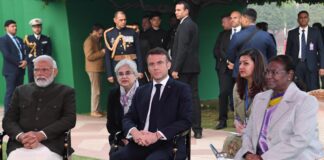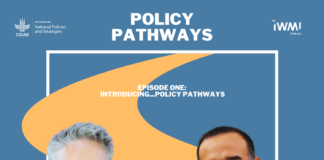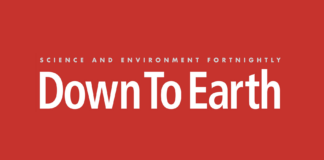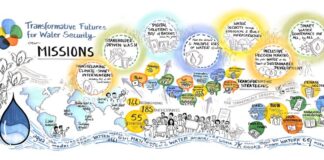Home 2024
Archives
Charity Osei-Amponsah
Charity worked at the Science and Technology Policy Research Institute of the Council for Scientific and Industrial Research (CSIR-STEPRI), Ghana. She led social science...
Azeem Ali Shah
Azeem worked as Principal and Senior Researcher on donor-funded transboundary water management projects with the Lahore University of Management Sciences (LUMS), Pakistan. He also...
Ngowenani Nohayi
Ngowenani has over 4 years of experience in applied social science in water, climate change and related domains. Prior to joining IWMI, she was...
Alan Nicol
Head of Water Policy Programme at ODI, Research Fellow at IDS and Director, GWI East Africa at CARE.
Abdur Cheema
Before joining IWMI, Cheema was with the United Nations Development Program UNDP as a Program and Research Analyst, based at the Federal SDGs Support...
It takes a village: the Indian farmers who built a wall...
IWMI commissioned this article following fieldwork conducted on the political economy of policy processes in India, under the CGIAR Initiative on National Policies and Strategies.
IWMI participates in India’s 75th Republic Day reception
Country Representative highlights contributions and commitment to sustainable water management in high-level event.
Episode One: Introducing… Policy Pathways
Researchers introduce the series and explain what a 'policy pathway' is.
UN 2023 Water Conference: 46 years after Mar del Plata, it’s...
Alan Nicol commented on the effect of atmospheric carbon on water systems.
Eight ambitious missions to transform the future of water security
Recognizing the need for youth to be included in this conversation, young people have been made co-guardians of the TFWS process











